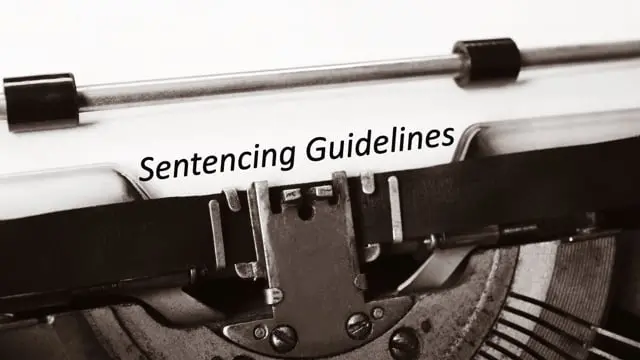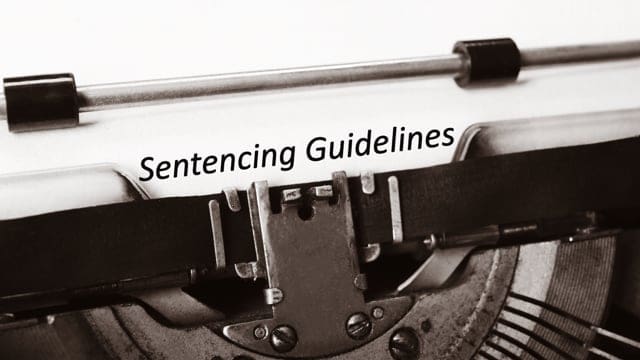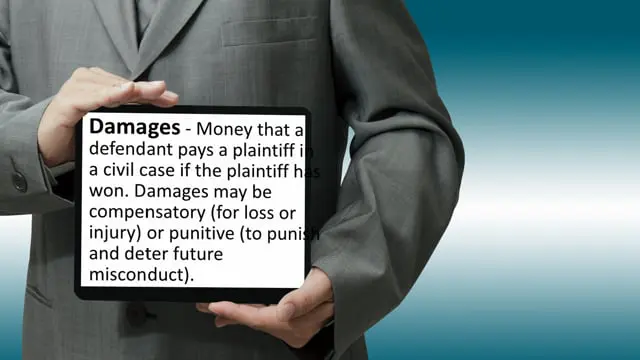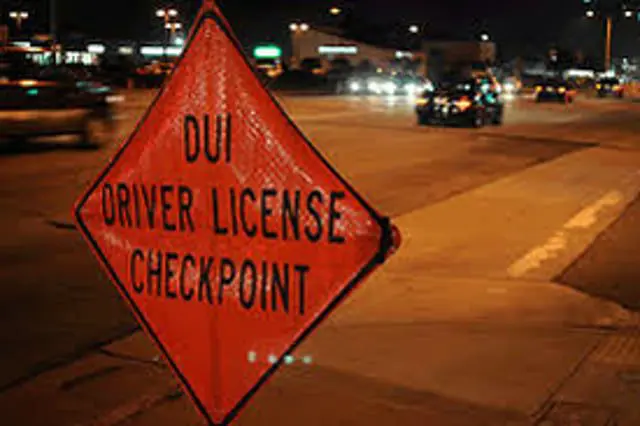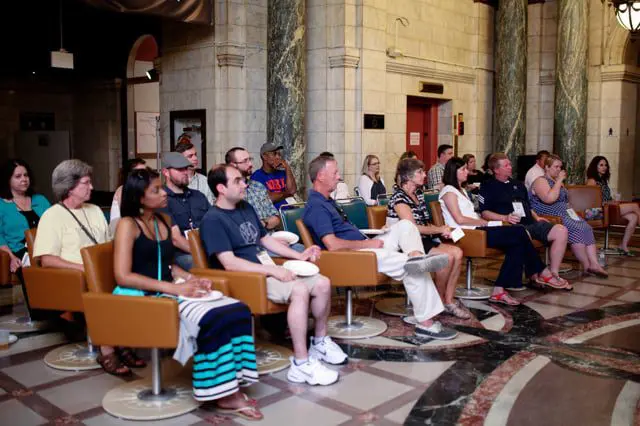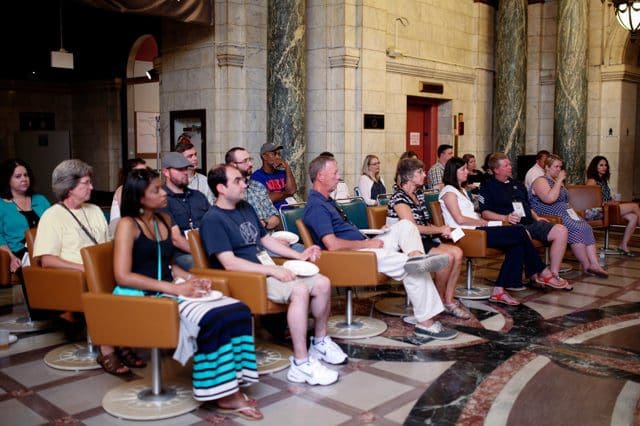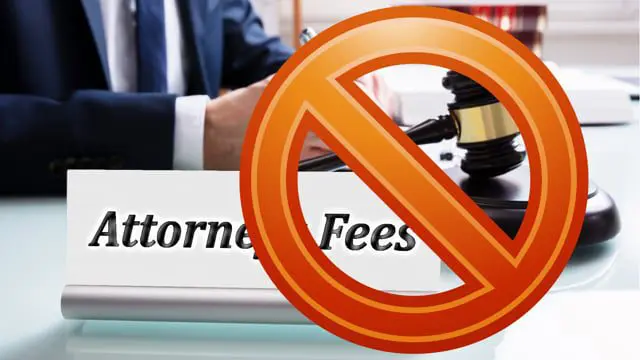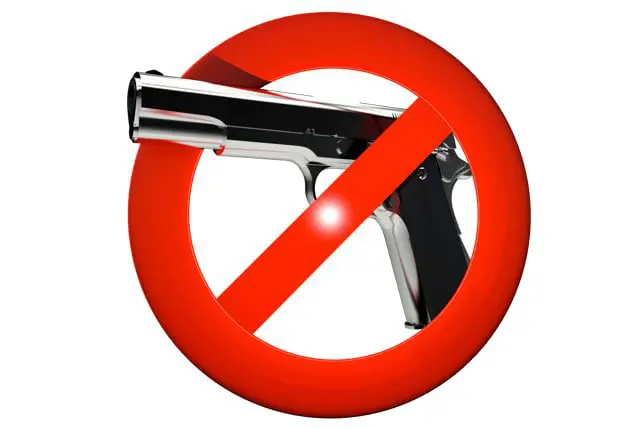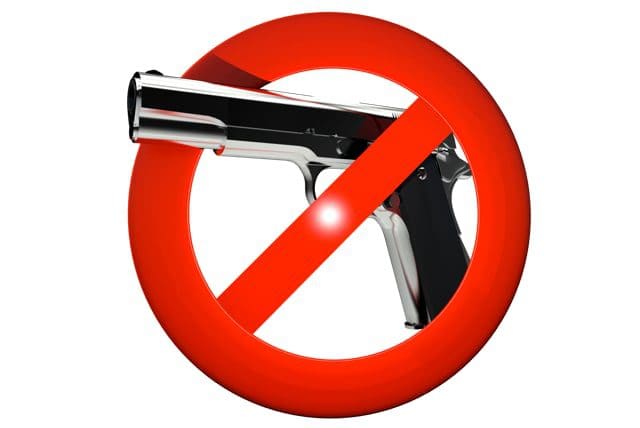Ray Hrdlicka – Host – Attorneys.Media
“What are the usual terms and conditions of probation, and that’s the usual terms and conditions, but then what are some of the extreme or unusual terms and conditions that you’ve had experience with?”
Andrew Dósa – Criminal Defense Attorney – Alameda County, CA
“Well, the most typical are being of good conduct, first. The second, obeying all laws. Or some, like a DUI client, there may be a requirement that they not go to an establishment whose sole business is the serving of alcohol.”
Ray Hrdlicka – Host – Attorneys.Media
“It’s like a restraining order against them, which restricts them from going to a bar.”
Andrew Dósa – Criminal Defense Attorney – Alameda County, CA
“Correct. And for some, it is that you cannot drink.”
Ray Hrdlicka – Host – Attorneys.Media
“That extreme?”
Andrew Dósa – Criminal Defense Attorney – Alameda County, CA
“Yes.”
Ray Hrdlicka – Host – Attorneys.Media
“Interesting.”
Andrew Dósa – Criminal Defense Attorney – Alameda County, CA
“Yes. There are now, certain types of monitoring programs akin to the bracelet, the electronic monitoring bracelet, that can do, can theoretically detect alcohol in somebody’s system. Which is an extraordinary intrusion. But if the person can’t drink at all, and the person then drinks, and drinks too much, and then gets in a car, then you understand why that requirement would be there. Another common condition of probation for DUI’s is the ignition interlock device. Police will sometimes know to check in the parking lot of drinking establishments to see if any cars are left running, because people would pull up to the bar, and leave the car running so they wouldn’t have to push the interlock device. They go in, get a hit, come back out and drive away. So that’s pretty typical.
There are also specific stay-away orders. For theft cases, they are often required to stay away from the place where there was a theft. If there was a domestic violence, or a civil harassment or another type of conflict scenario, the court will almost always require a stay-away from a particular individual, and usually about a hundred yards away.”






